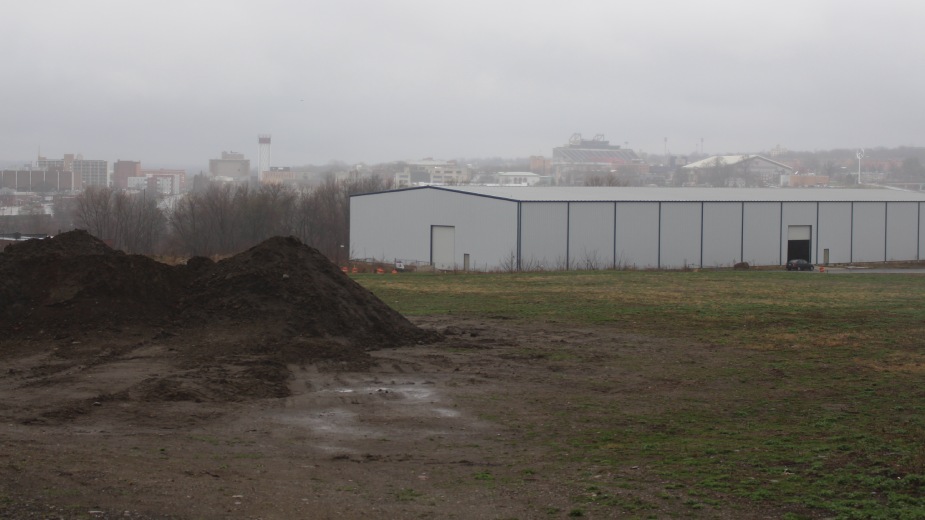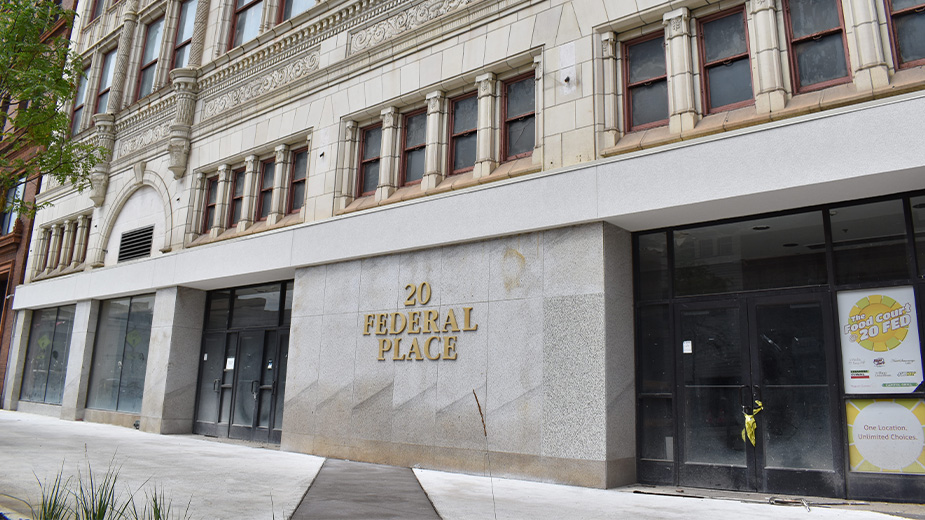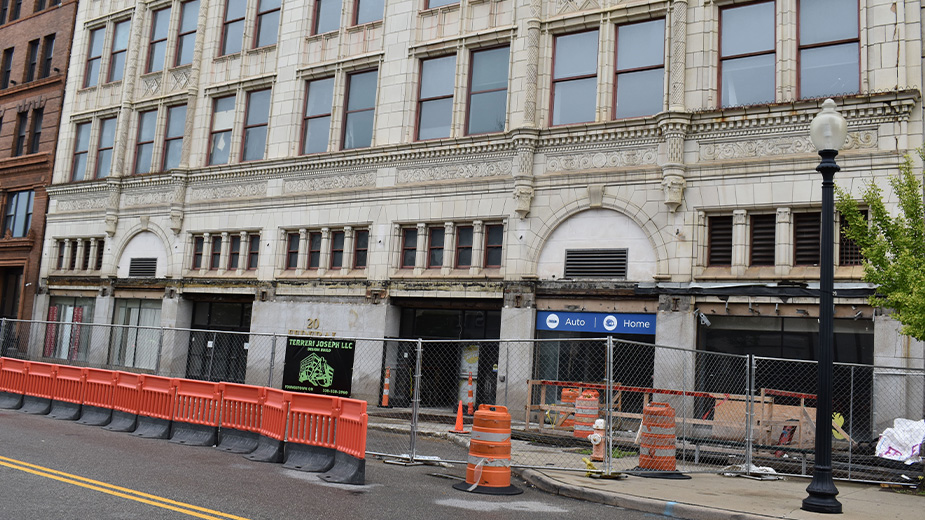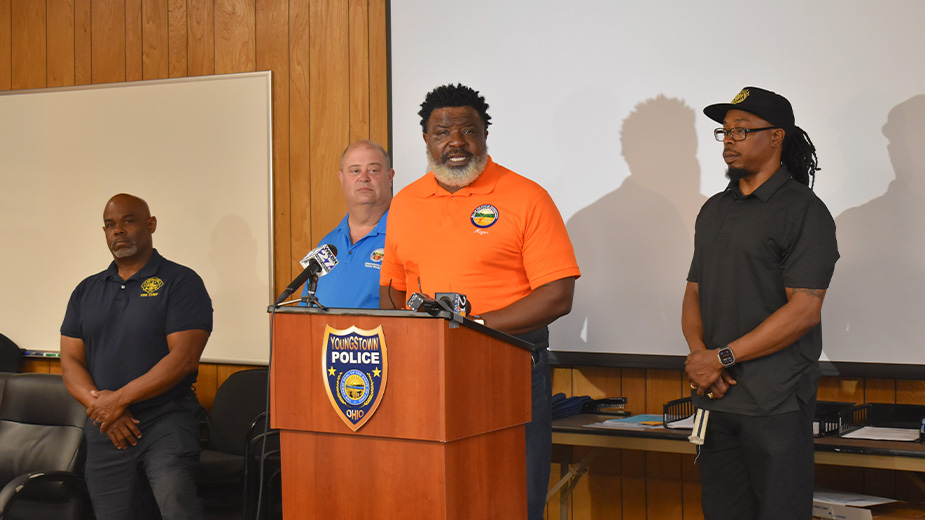Court Orders Chill-Can Developer to Repay Youngstown $1.5M
YOUNGSTOWN, Ohio – A Mahoning County Common Pleas Court has ordered the developer of the stalled Chill-Can project on the east side repay the city $1.5 million, money the city awarded it five years ago to complete the unfinished development.
“The plaintiffs’ failure to complete the project and to hire any significant employees under the terms of the amended and restated development agreement, renders the grant funds subject to refund,” Magistrate Dennis J. Sarisky ruled Wednesday. “This court orders the $1.5 million grant funds to be refunded.”
The court found that M.J. Development Corp. breached two agreements it signed with the city in 2017 that awarded the project the $1.5 million grant and tax incentives to help develop the project.
Sarisky also ruled that a hearing would be held to determine whether the city is entitled to additional damages. A jury trial scheduled for Oct. 17 has been converted to a telephone conference, the order said.
“We are very pleased that the court ruled in our favor on the partial summary judgment,” Youngstown Law Director Jeff Limbian said in a statement. “We look forward to resolving or trying the remaining issues so that we can utilize this property for new economic development.”
The city and the M.J. Joseph have been locked in a legal battle for more than a year over the company’s plan to develop an $20 million campus that would manufacture the world’s first self-chilling can. The project was to also include research and development to advance self-chilling technology.
The Business Journal reported in its October edition that an investor filed a lawsuit in Lorain County Common Pleas Court Aug. 25 seeking restitution of $1.5 million related to the Chill-Can project. The lawsuit names the company and its CEO, Mitchell Joseph, as defendants, as well as an investment broker now under indictment in Erie County.
The city and M.J. Joseph Development entered into two agreements in 2017 whereas the city would provide incentives in return for the project’s completion and the creation of 237 jobs by August of 2021.
At issue is an agreement signed in 2017 that awarded M.J. Joseph a $1.5 million development grant from the city to help prepare the project site. The money was used for the site, but the developer has failed to complete the project and to create the specified number of jobs it promised.
Just three unfinished buildings were constructed at a 21-acre plot along Lane Avenue, none of which are occupied. The company reported to the city last year that a single employee has been hired.
In addition to the $1.5 million, the city maintains that M.J. Joseph should repay another $700,000 the city spent on acquisition of property, demolition and relocation assistance for the project. The city also sought damages of $575,000 in lost income tax revenue from the failed project.
Those claims are not part of the decision Wednesday, Sarisky wrote.
Attorneys for Joseph filed a lawsuit against the city in May 2021, arguing that language in the contracts limit any restitution to land, and not monetary compensation.
The city countersued the following month, requesting the court award it more than $2.2 million in damages plus the right to reclaim the land.
In August, M.J. Joseph attorney Brian Kopp and the city’s attorney, Thomas Hull of Manchester, Bennett and Newman, squared off in the case’s first hearing before Magistrate Sarisky.
Each party asked the court for a summary judgment and rule whether the city could ask for monetary damages in the case. Sarisky’s decision granted the city’s motion for partial summary judgment, but denied M.J. Joseph’s claim.
Copyright 2024 The Business Journal, Youngstown, Ohio.



